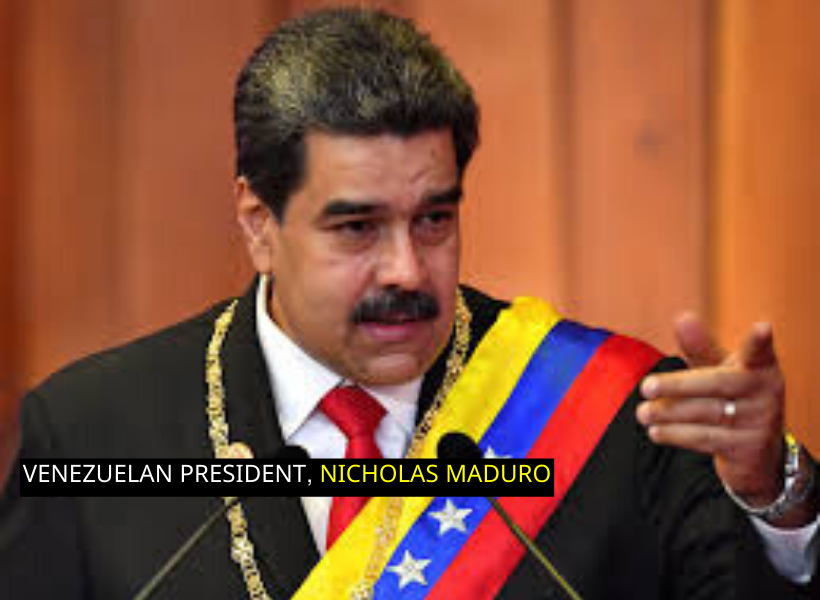The government has been strongly criticized for not renegotiating the 2016 Stabroek Block Petroleum Agreement largely because it has promised to do so when they were in opposition. But this argument conveniently ignores the vital context altogether. The fact is that the government has done exactly what it said it would do in opposition. To this end, the government did the following:
i. As soon as the government assumed office in August 2020, it moved swiftly to implement Local Content Legislation which is now generating an estimated G$200 billion annually from cost-oil to procure goods and services from Guyanese suppliers and provision of employment opportunities for Guyanese.
ii. Work began on the implementation of the gas-to-energy project which would translate to another G$200 billion in direct and indirect benefits for the economy.
iii. A new model Production Sharing Agreement (PSA) was developed with significantly improved fiscal conditions that will result in the government’s take increasing from 28% based on the 2016 PSA to 50%. The new fiscal terms include the introduction of a 10% corporate tax, 10% royalty up from 2%, cost recovery ceiling down to 65% from 75%, and profit oil remains at 50%. This new PSA will apply to all future production agreements.
iv. A new modern Petroleum Activities legislation was developed (already passed in the National Assembly) which would repeal and replace the outdated Petroleum law.
➢ More importantly to note is that apart from the Stabroek Block which is the only Block that had moved to production before the government assumed office in 2020, there are nine other active Petroleum Prospecting/Exploration Licenses. So, once commercial discoveries are made, the new PSA/fiscal terms will apply to those. In other words, the government has effectively renegotiated nine other contracts that were based on the old fiscal terms because those have not moved to production as yet unlike the Stabroek Block.
➢ There were two unprecedented events that weakened the government’s position, even if it wanted to renegotiate the Stabroek Block’s PSA. In this respect, the government would have been in a stronger position if by the time it assumed office following the general elections, ExxonMobil and its CoVs had not moved to production. Cognizant of the ramifications, ExxonMobil Guyana aggressively transitioned into production in record time by December 2019, knowing full well that election is due in March 2020.
By ExxonMobil’s own admission coupled with independent research to verify same, the timeline by which ExxonMobil moved from discovery to first oil in just five years, is a record achievement across the global industry, aided by the deployment of advanced technologies. Historically, it took about seven-ten years to develop projects from commercial discovery to production following an investment decision. Secondly, one would recall that after the successful passage of the “No-Confidence Motion” (NCM) in December 2018, elections was constitutionally due three months thereafter; but was not held until March 2020, then the election result was declared five months later (August 2020). Almost 1 ½ years later, there was a change in government following the NCM in December 2018 and the general elections in March 2020.
➢ There is another notion that the government’s reluctance to renegotiate the Stabroek Block PSA is a huge loss for Guyana largely owing to the fact that the Stabroek Block’s discovery has proven to have a high-quality crude proven reserves thus far, and it is the largest oil block that ExxonMobil and CoVs controls. Notwithstanding, even this notion has its limitations when one analyzes the situation.
In so doing, it was found that based on all of the current discoveries and approved projects so far, the sum total of the size of the project development areas (PDA) is equivalent to less than 10% of the entire Stabroek Block. It therefore means that when the 2016 PSA expires, ExxonMobil Guyana and CoVs will have to relinquish an estimated 90-94% of the unexplored Stabroek Block, at which point the new fiscal conditions and PSA shall apply.
Conclusion
Contrary to the popular view propagated by the critics of the government that it has walked back its promise to renegotiate the oil contracts, as discussed and demonstrated herein, this is not the case.
The Stabroek Block is the only block out of 10 active exploration licenses that moved into production almost 1 ½ years before the government assumed office in 2020. In the circumstances, it is imperative for the government to create an environment of political, economic, social, and geopolitical stability which are the prerequisite conditions that will enable the government to pursue its transformative economic and development agenda in a sustainable manner, while building a prosperous nation.











